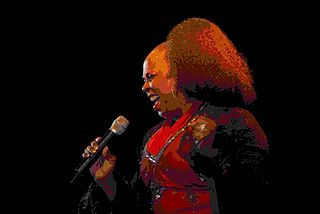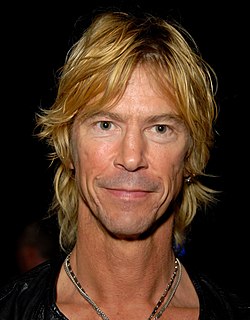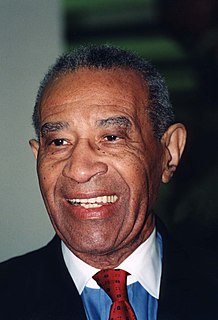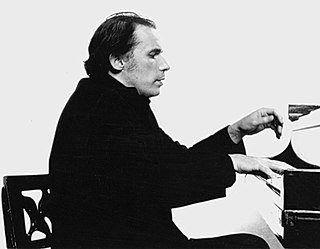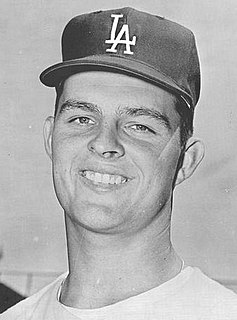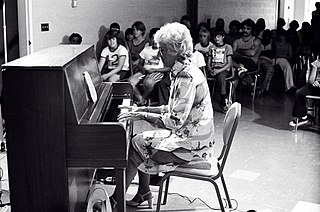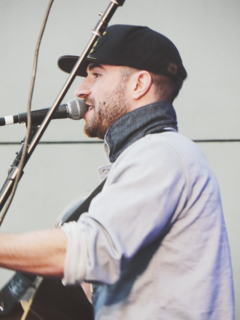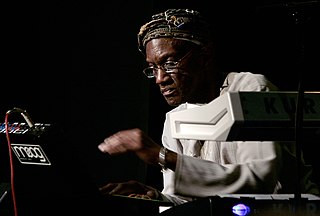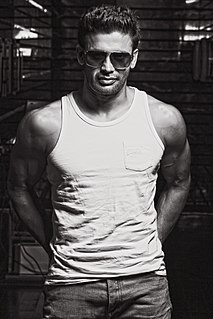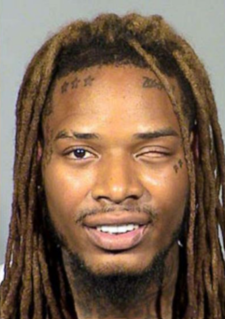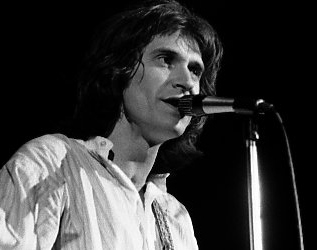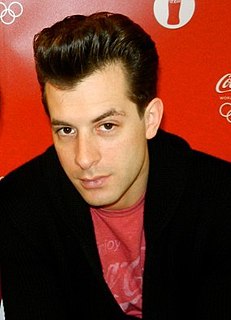A Quote by Betty Wright
When I started out, even though you had your rhythm section, they were big horn sections, strings, live people laying on every part of the floor in the studio waiting for their chance to get on that one little track.
Related Quotes
If I'm writing... even a piece of a song... I write it down. If it still resonates six months down the line, a year, even five, those are the ones you put in your bag and you take to the studio. You come to realize, the ones that don't make it, they were only meant to live for that moment in your notebook or on the 4-track-and plenty of songs never get any farther than the 4-track.
At Carnegie Hall the Preservation Hall Jazz Band showed how easily it could hop from era to era. It could work like a rhythm-and-blues horn section or a tightly arranged little big band if need be, but it could also switch back into the polyphonic glories of vintage New Orleans jazz, in which nearly every instrument seems to improvise around the tune at the same time.
When I wrote the song, I had the sea near Bombay in mind. We stayed at a hotel by the sea, and the fishermen come up at five in the morning and they were all chanting. And we went on the beach and we got chased by a mad dog-big as a donkey. ... I think that songwriting changed when groups started spending more time in the studio. ... I've written so many songs about Englishmen, I have to go elsewhere. ... Our repertoire consisted of rhythm and blues, sort of country rhythm and blues, Sonny Terry things.
Then, you know, the other more-traditional role of the producer in, like, the kind of Quincy Jones sense is kind of part arranger. So you're coming up with, like, these - you hear these songs that are quite bare-bones, and you dream up what's the band doing? What's the rhythm section doing? What's the guitars, strings, pianos - that sort of thing. It's almost like a little toolbox.
The reason the middle section switches to third person is, well, this is middle age. This is the part in her life where she loses track of something that was driving her and has to figure out what's going to drive the next part of her mission, this mission to be an author. I had to push back away from her for a while before we could come up to that really lyrical close third in the final section.
